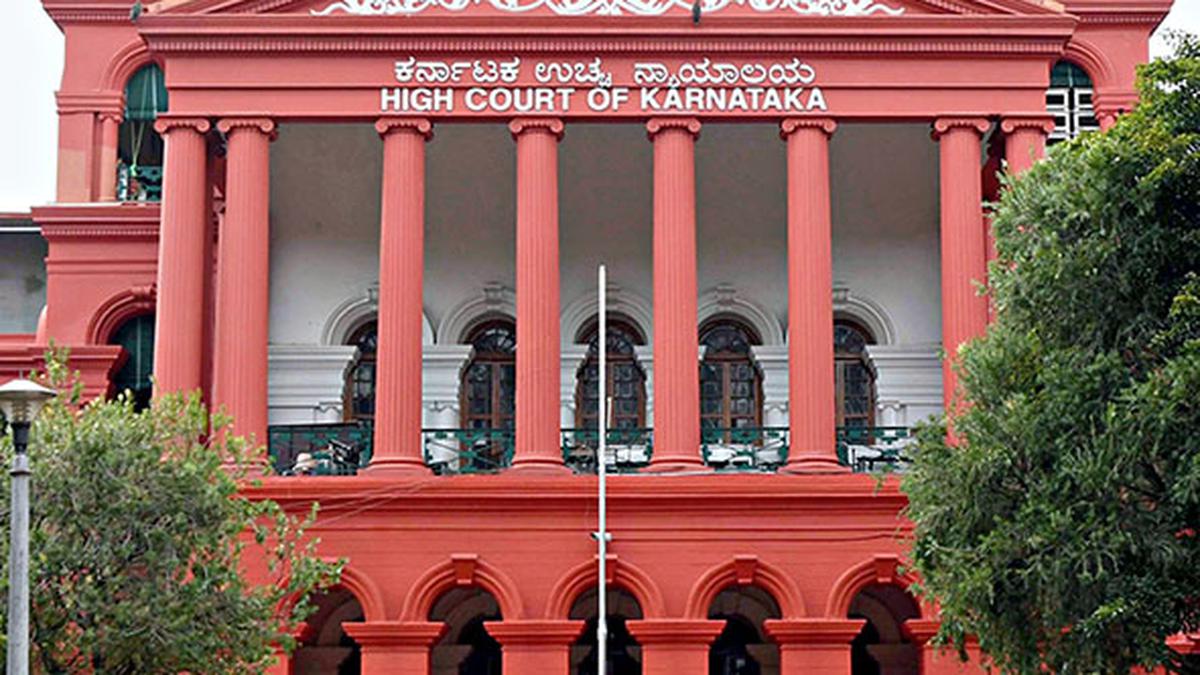Noticing that a real estate developer in Bengaluru had secured an Occupancy Certificate (OC) for its incomplete apartment project by fraudulent means and had made retired senior citizens go from pillar to post, the High Court of Karnataka has directed the State government to issue a circular containing guidelines for properly accessing the constructions as per norms before issuing OCs.
“It is rather shocking as to how the gram panchayat could affix the signature on the receipt of a bogus completion certificate, which is completely blank and did not contain any important data of the project, including the name of the developer and signature of certifying person,” the court pointed out.
“Such fraud cannot be played only by the hands of the developer or by the hands of the competent officers; it can be played only when the hands of the competent officers are in the glove of the developers,” the court observed.
The circular, to be issued within eight weeks, should make it clear that if it is found that OCs are issued contrary to law, the officers concerned would be liable to face departmental enquiry or criminal proceedings depending upon the nature of dereliction of duties, the court said.
Justice M. Nagaprasanna passed the order while dismissing a petition filed by M/s Ozone Urbana Infra Developers Pvt. Ltd, Bengaluru. The petitioner-developer had questioned the July 5, 2023, order of the Karnataka Real Estate Regulatory Authority K-RERA), which had declared that the petitioner’s “Serene Urbana” project comes under the purview of the RERA Act.
The RERA had passed the order on a complaint filed in 2021 by the Serene Urbana Apartment Owners’ Welfare Association, complaining that the developer had failed to complete the project, which was advertised and promoted as “retirement homes” comprising around 350 flats.
The developer, however, had claimed before RERA that the project does not come under the RERA Act as the OC was issued prior to the RERA Act and Rules were enforced in Karnataka with effect from July 10, 2017.
The court, from the RERA’s report of the inspection of the project conducted in June 2022, found that fire clearance and electricity supply, which were among the key facilities to be in place prior to issuing OC, were given in May 2019 and August 2018. The inspection also found that several amenities, including a sewage treatment plant, were not complete even on the date of inspection in 2022, and some amenities, as promised, are not completed even as of today, the court noted.
However, Kannamangala Grama Panchayat, acting on a ‘blank’ completion certificate on May 16, 2017, resolved to issue OC and communicated the OC (dated May 16, 2017) to the developer on August 16, 2017, based on which the developer had claimed that the project was not an ‘ongoing’ project to come under the RERA law as it was ‘completed’ when the law was enforced, the court said.
“It becomes surprising as to how the gram panchayat granted occupancy certificate without even looking into the apartment complex,” the Court said while directing the developer to register the project with RERA.










